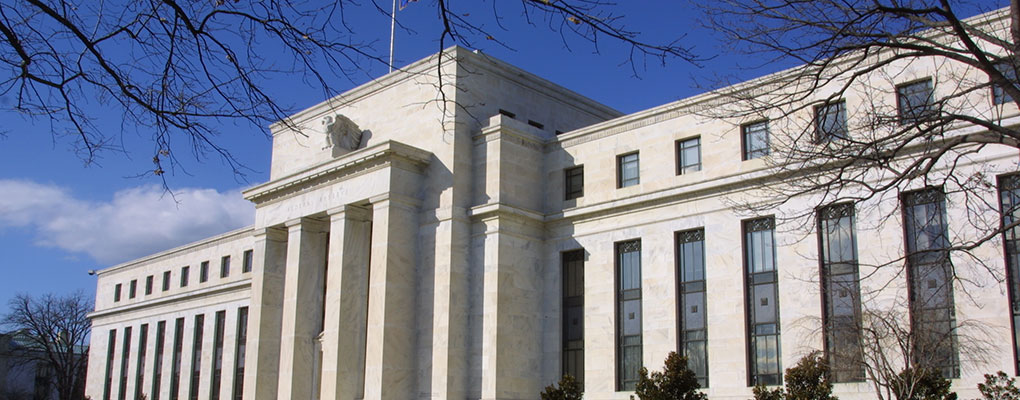
The United States Federal Reserve has proposed new regulations for banks that handle in physical commodities. Financial institutions that handle physical commodities will be required to hold increased capital reserves to act as a buffer, in the advent of unforeseen disaster such as an oil pipeline explosion or oil tanker spill. The hope is that the requirement for increased capital reserves will mean that banks can cushion.
Financial institutions that handle physical commodities will be required to hold increased capital reserves to act as
a buffer
While many banks sell and buy derivatives in physical commodities such as oil, coal and metals, many also, such as Goldman Sachs, Bank of America Merrill Lynch and Citigroup are also engaged in the storage and shipping of such commodities. While banks face strict capital requirements to cushion swings in commodity markets prices that they trade, no such requirements exist to cover the operational risks associated with the physical handling of such commodities.
The issue has been pursued by the Federal Reserve in recent years. As Reuters notes, “Fed Governor Daniel Tarullo said in November last year the bank was considering introducing new rules that would increase capital and insurance requirements, limit the size of the operations or prohibit certain commodities held by the firms.” These new proposals, however, see the Fed preferring the use of increase capital requirements rather than size restraints or certain commodity prohibition.
The fear is that such large financial institutions are “too big to fail,” and therefore the Fed feels the need to institute certain regulations to ensure that any unforeseen disaster will not bring down large banks, which would threaten the entire economy. Recently, however, many banks have been disengaging from the business, due to a decline in profitability. For instance, as the Financial Times reports, “earlier this year Morgan Stanley agreed to sell its sprawling physical oil merchant business for more than $1bn.”


